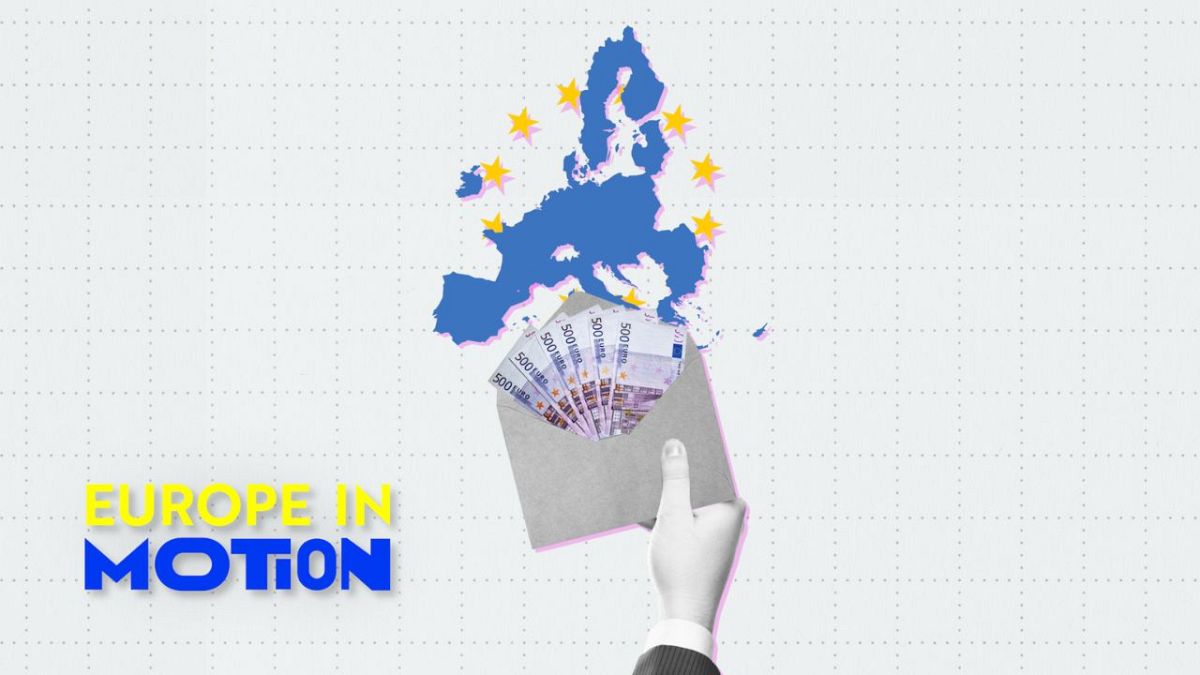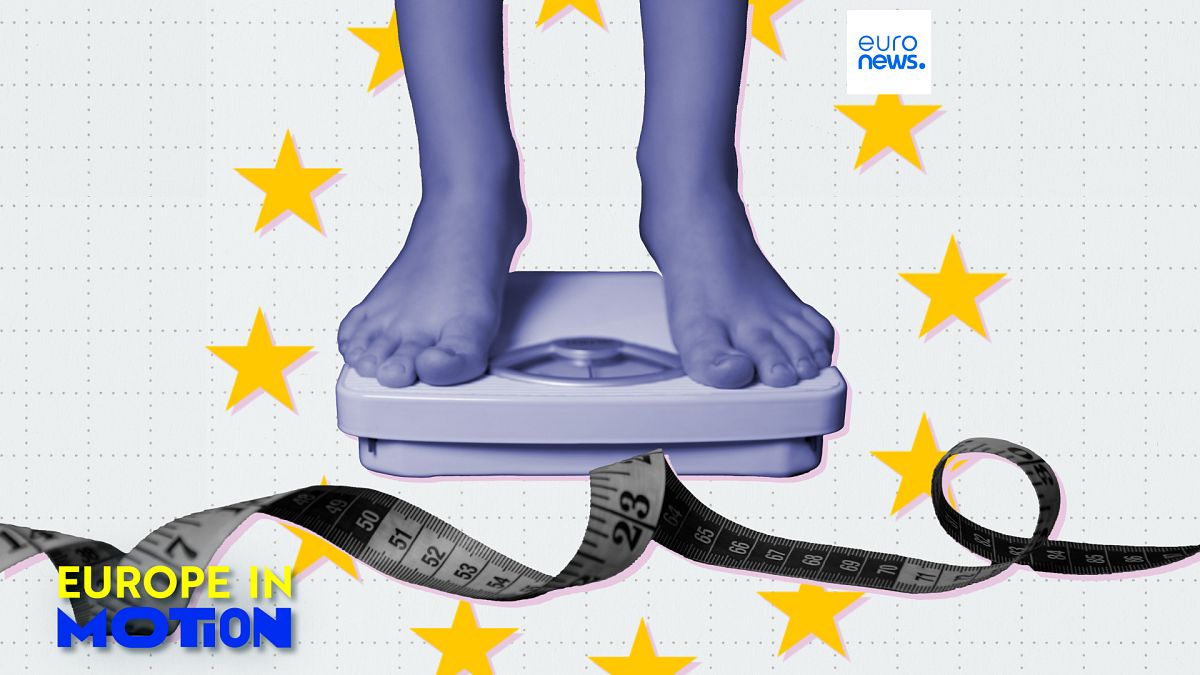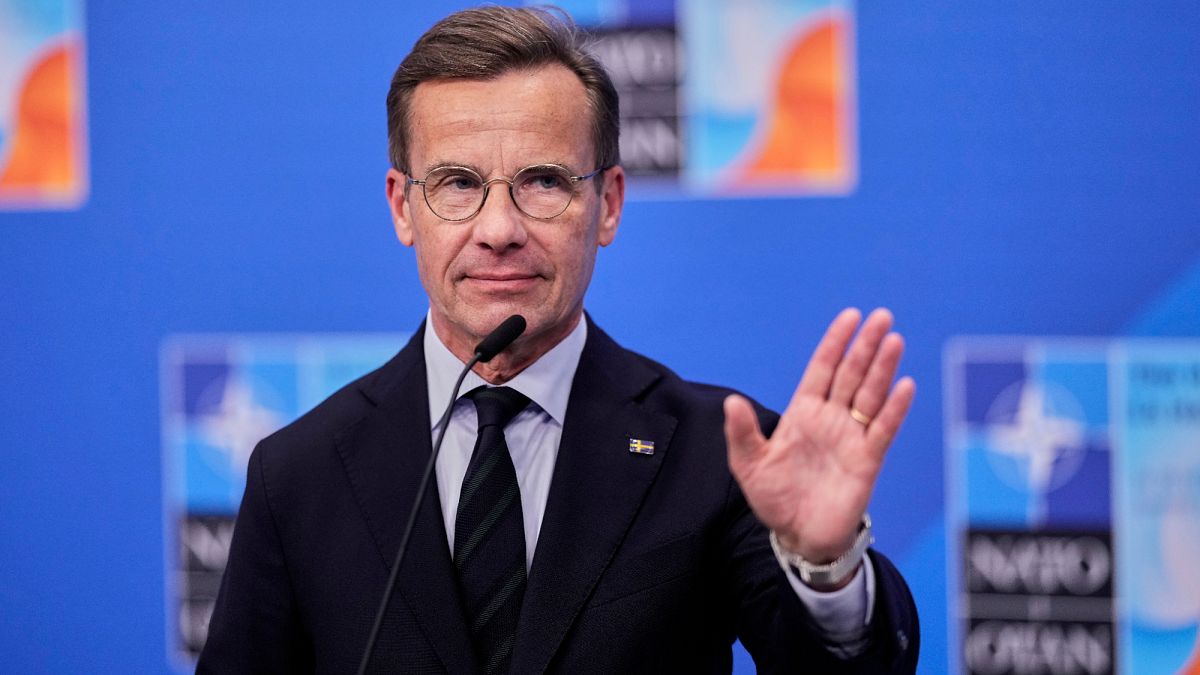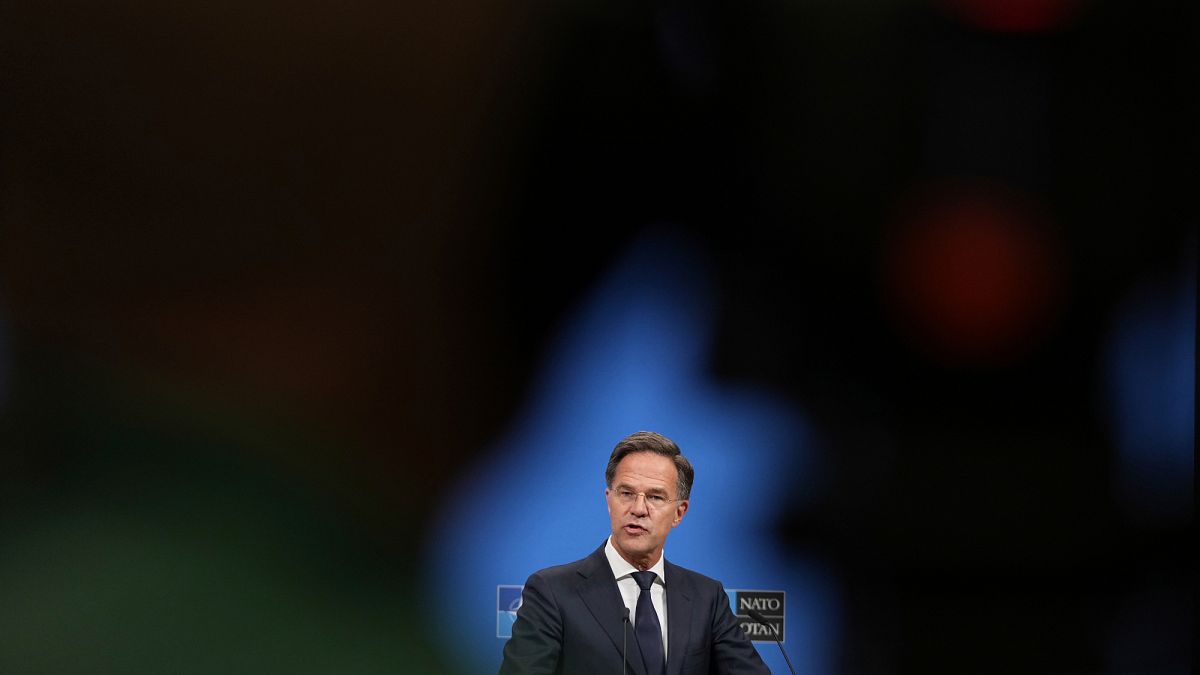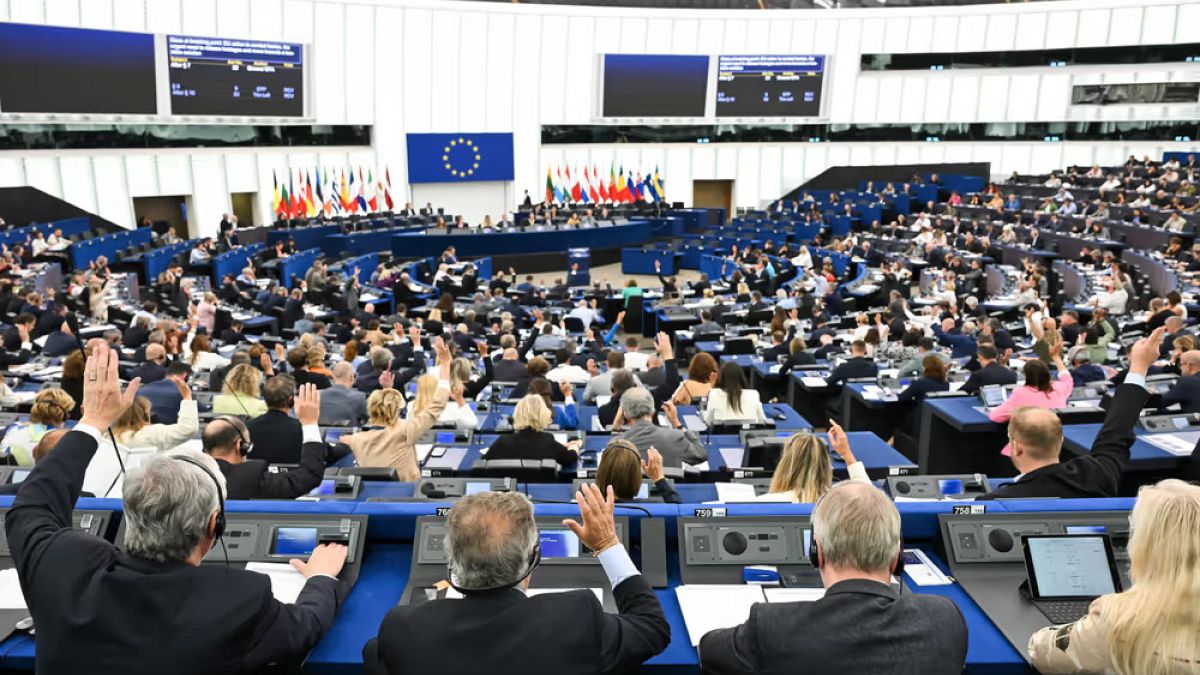ADVERTISEMENT
Nearly seven out of ten European Union citizens believe that corruption is widespread in their country, according to a recent Eurobarometer survey.
This represents a slight increase of one percentage point since last year.
Greece stands out with 97% considering corruption to be widespread, followed by Croatia at 92% and Portugal at 91%.
By contrast, Finland and Denmark report the lowest percentages of respondents perceiving corruption as widespread, at 21% and 28%, respectively.
The largest increases regarding these responses since 2024 were reported in Luxembourg and Ireland, with a rise of nine and six percentage points, respectively.
Four in five respondents say giving money to public administrations or public services to get a favour in return is never acceptable. Portugal (98%), France (90%), and Spain (90%) are the three member states with the highest percentage of respondents claiming it is never acceptable.
More than seven in 10 Europeans deem it unacceptable to do a favour to receive something from these entities, whereas 5% believe it is always acceptable.
Around three in four EU citizens stated that it is never acceptable to give gifts.
Older respondents, aged 55 and over, are more likely to find corruption unacceptable compared to younger respondents aged between 15 and 24.
Half of the respondents in Bulgaria mention police as the primary perpetrators of giving and taking bribes and the abuse of power for personal gain.
In Greece, 61% of respondents believe that corruption is widespread among officials issuing business permits.
Private companies are the most mentioned in Sweden and Denmark.
Is corruption being tackled?
More than half of those surveyed believe that corruption is common among political parties, while 46% say the same about politicians at local, regional or national levels.
Two-thirds of people living in the EU think that high-level corruption cases are not pursued sufficiently in their countries.
Meanwhile, more than half of respondents do not think that government efforts to combat corruption are effective.
Nearly half of Europeans also do not think that measures against corruption are applied impartially and without a hidden purpose in their country.
At the EU level, 5% of respondents report having experienced or witnessed corruption in the last 12 months, and just one in five of them say they reported the incident.
Fewer than half of respondents know where to report a case of corruption.
Men are more likely than women to personally know someone who has taken or is taking bribes.






